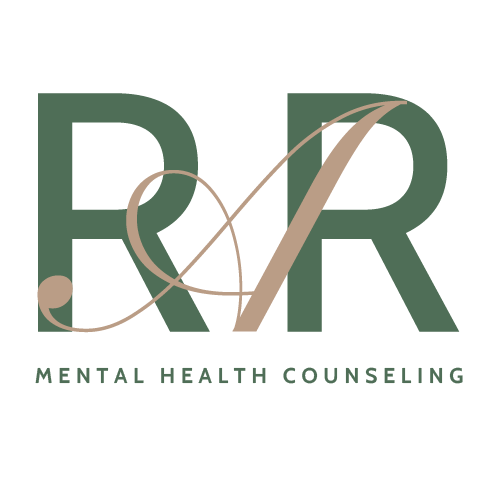Generational trauma is like a ghostly echo of the past that reverberates through the generations, leaving deep imprints on our lives. Let’s unravel the intricate concept of generational trauma and explore how you can embark on a journey of healing, both for yourself and for generations to come.
What is Generational Trauma?
Also known as ancestral or intergenerational trauma, it refers to the transmission of emotional pain, unresolved grief, and traumatic experiences from one generation to the next. It can affect entire families or communities, and its impact can be profound and lasting.
Recognizing Generational Trauma:
- Patterns of Behavior: Notice recurring patterns of behavior, attitudes, or beliefs in your family that seem to be passed down through generations. These patterns can be related to addiction, mental health, relationships, or coping mechanisms.
- Unexplained Emotions: Feel intense emotions or reactions that don’t seem to have a clear cause. These emotions may be linked to past traumas experienced by your ancestors.
- Inherited Stress: Experience high levels of stress or anxiety that appear to be unrelated to your current circumstances. This stress could be connected to generational trauma.
How to Begin Healing:
- Awareness: The first step in healing is awareness. Acknowledge that it exists and that it may be impacting your life or the lives of your loved ones.
- Seek Support: Reach out to mental health professionals who specialize in trauma and intergenerational trauma. Therapy can provide a safe space to explore your own experiences and their connections to generational trauma.
- Self-Reflection: Engage in self-reflection to better understand how trauma has influenced your beliefs, behaviors, and emotions. Journaling or meditation can be valuable tools for this process.
- Emotional Expression: Allow yourself to feel and express the emotions associated with generational trauma. This might involve grieving for the pain experienced by your ancestors or expressing anger and frustration.
- Break the Silence: Encourage open conversations within your family about generational trauma. Breaking the silence can be a powerful step toward healing.
- Cultural Connection: Explore your cultural or ancestral heritage. Reconnecting with your roots and learning about the experiences of your ancestors can provide valuable insights and a sense of belonging.
- Self-Care: Prioritize self-care and well-being practices. This can include mindfulness, exercise, healthy eating, and engaging in activities that bring you joy and relaxation.
- Create New Narratives: Rewrite the narrative of your family’s history. Instead of seeing it solely through the lens of trauma, focus on resilience, strength, and the capacity for healing.
- Empowerment: Recognize that you have the power to break the cycle of generational trauma. By seeking healing and growth, you create a positive legacy for future generations.
The Gift of Healing
Healing generational trauma is a profound gift to yourself, your family, and generations to come. It’s a journey of self-discovery, resilience, and transformation. By acknowledging the past and taking steps toward healing, you pave the way for a brighter and more empowered future.

